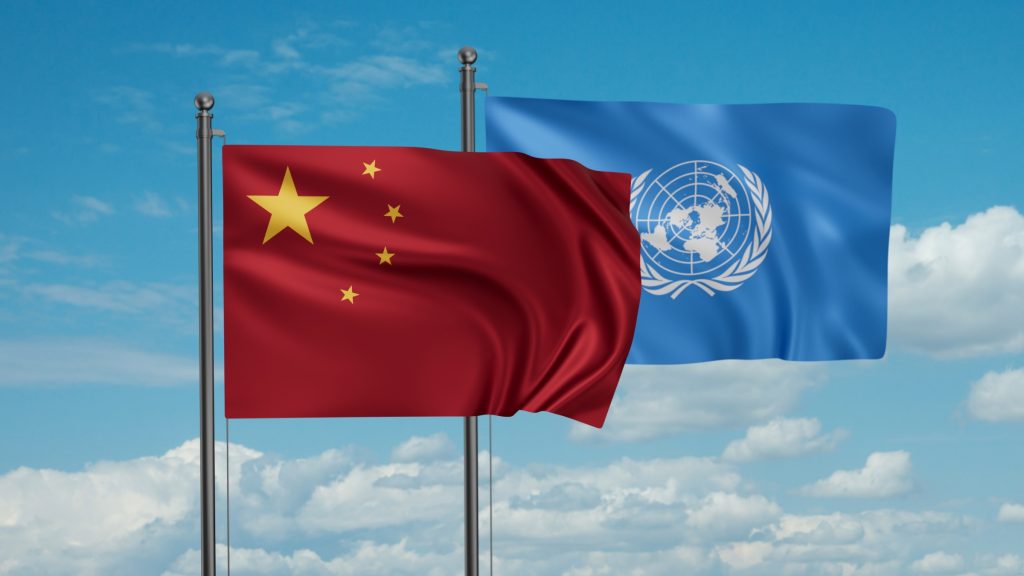
China plans to submit a draft resolution to the United Nations calling for enhanced cooperation related to AI, the Chinese Foreign Ministry announced on Thursday.
The swift advancement of AI has raised global concerns, particularly since the introduction of ChatGPT in 2022. This generative program, developed by OpenAI, can write novels, generate images, and create computer code based solely on straightforward text commands, marking a significant leap forward for the sector.
Consequently, this has raised interest in other generative products, many of which in China, but also heightened concern around the world about the potential of using this technology to commit violations.
For his part, the Chinese Foreign Minister Wang Yi, speaking at a press conference during the legislative meetings in China on Thursday, announced that Beijing will introduce a draft resolution to the United Nations General Assembly “strengthening international cooperation in artificial intelligence capacity building.”
While he didn’t disclose any specific details related to the content of the resolution or to its date of submission.
Wang stated that the initiative aims to encourage all nations to enhance technology sharing efforts and work towards narrowing the gap in artificial intelligence capabilities, ensuring that no country is left behind.
“Artificial intelligence has entered a critical stage of explosive development. Our proposition is to pay equal attention to development and security.”
“We must not only embrace new things and opportunities, but also install brakes”, he added.
American-Chinese Collaborations in AI Regulation
This Chinese initiative comes after reports of plans for Washington and Beijing to collaborate on establishing safe foundations for artificial intelligence systems and reducing their risks in the coming months, indicating rare cooperation between the two competing powers, as reported by the British newspaper Financial Times in January.
Arati Prabhakar, the scientific advisor to US President Joe Biden, told the Financial Times, that despite existing trade tensions between Beijing and Washington concerning artificial intelligence, both nations are committed to collaborating to minimize risks and evaluate its potential.
Regarding the future cooperation with China in AI, Prabhakar said: “Steps have been taken to engage in that process.”
So, due to the great challenges related to regulating AI, EU member states agreed last month on legislation for this purpose, describing it as unprecedented worldwide, followed by intense negotiations regarding the balance between innovation freedom and security preservation, amid accusations from technology companies that the rules are vague, and concerns about slowing down application development.
The G7 members also announced the political agreement reached in December between the EU member states and the European Parliament.
The legislation sets out rules for everyone to ensure the quality of data used in algorithm development, verify compliance with copyright laws. It will also require developers to ensure that voices, images, and texts produced are clearly marked as generated by AI.
Inside Telecom provides you with an extensive list of content covering all aspects of the tech industry. Keep an eye on our Tech sections to stay informed and up-to-date with our daily articles.